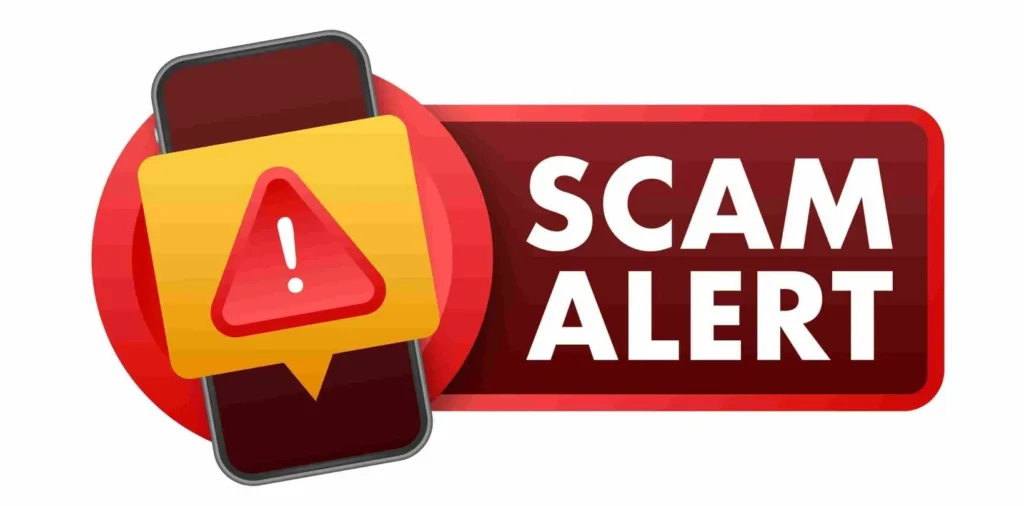In today’s digital age, scams have become more sophisticated, making it crucial to be vigilant when receiving phone calls, emails, or text messages related to taxes.
Scammers often impersonate government agencies like HMRC (Her Majesty’s Revenue and Customs) to trick individuals into revealing personal information or transferring money.
This article provides a comprehensive checklist and valuable information on recognising tax scam attempts and protecting yourself from falling victim to fraudsters.
Identifying Tax Scam Attempts – A Checklist

With digital scams becoming more common, it becomes important to know the signs to help you identify between a tax scam attempt and a genuine tax related issue.
Here is a checklist of the most common and easy to understand tricks that could help you in identifying tax scams.
Rushed Communication:
- Scam Indicator: Scammers often rush you into making quick decisions.
- Action: Take your time; genuine agencies won’t pressure you to act immediately.
Threatening Language:
- Scam Indicator: Scam communications may contain threats or intimidation.
- Action: Remain calm; legitimate government agencies do not use such tactics.
Unexpected Contact:
- Scam Indicator: If you receive unsolicited communication about taxes, be cautious.
- Action: Verify the source independently before responding.
Requests for Personal Information:
- Scam Indicator: Scammers may ask for sensitive information like bank details.
- Action: Never share personal or financial information with unknown sources.
Money Transfer Requests:
- Scam Indicator: Scammers might instruct you to transfer money.
- Action: Verify the legitimacy of the request by contacting the agency directly.
Offers of Refunds, Tax Rebates, or Grants:
- Scam Indicator: Be sceptical of unsolicited offers related to money.
- Action: Verify the offer through official channels before taking any action.
Additional Warning Signs

These are some additional warning signs that you might want to be careful of:
Suspicious Phone Calls:
- HMRC will never threaten legal action or arrest over the phone.
Text Messages:
- HMRC may send text messages but will not request personal or financial information via SMS.
- Avoid clicking on links in text messages claiming to be from HMRC.
WhatsApp Messages:
- Any communication from HMRC through WhatsApp is a scam; report it immediately.
QR Codes:
- HMRC uses QR codes only to direct you to official guidance or your HMRC account, not to collect personal information.
Gift or Payment Vouchers:
- HMRC will never ask you to pay using gift or payment vouchers.
What to Do if You’ve Shared Personal Details
If you suspect you’ve shared personal information with a scammer, report it to the HMRC security team promptly. Additionally, if you’ve suffered financial losses due to a scam, report it to Action Fraud or Police Scotland (101 in Scotland).
Conclusion
Protecting yourself from tax scams requires vigilance and awareness.
By following the checklist and being cautious of the warning signs, you can safeguard your personal information and finances from fraudsters.
Remember that HMRC and other legitimate agencies will never use threatening tactics or ask for sensitive information through unsolicited communication.
Stay informed, stay cautious, and stay safe from tax scams.



